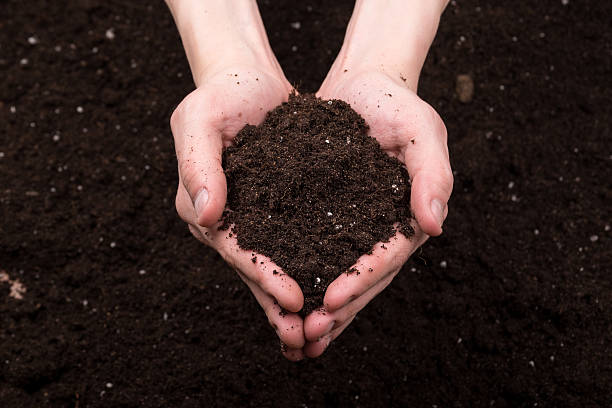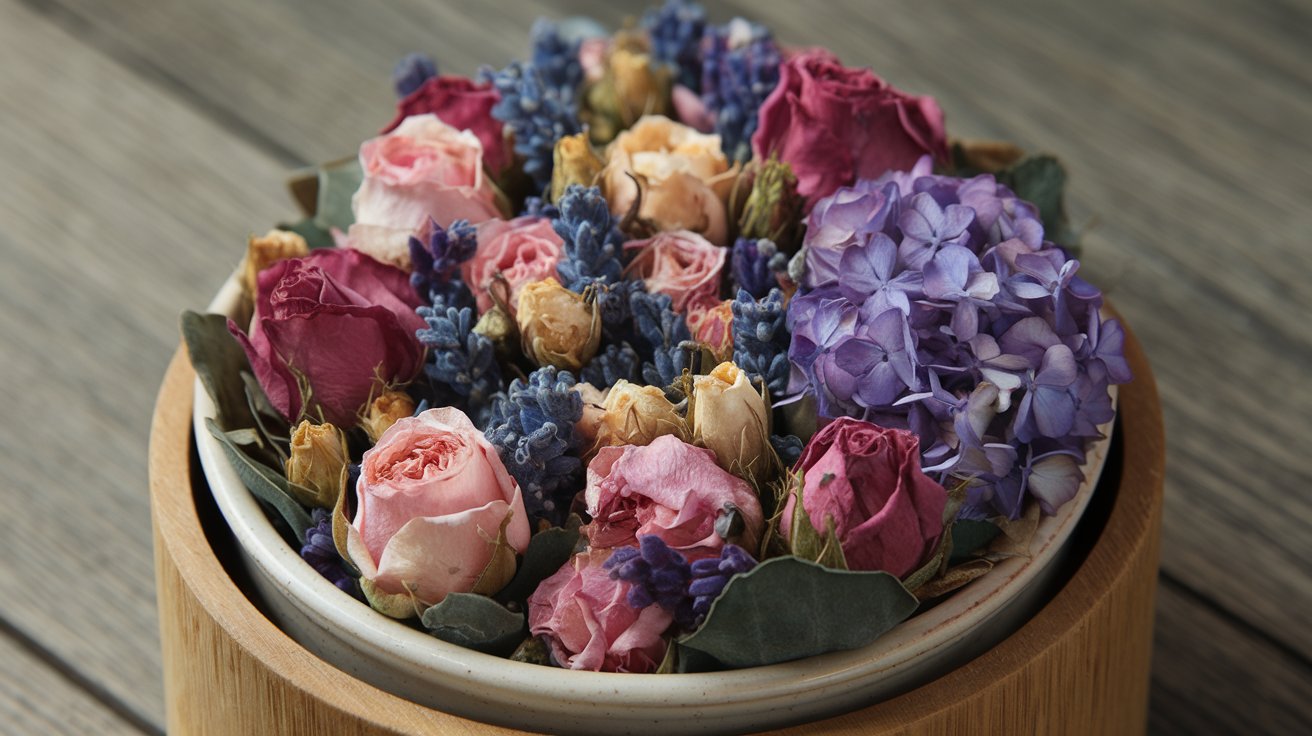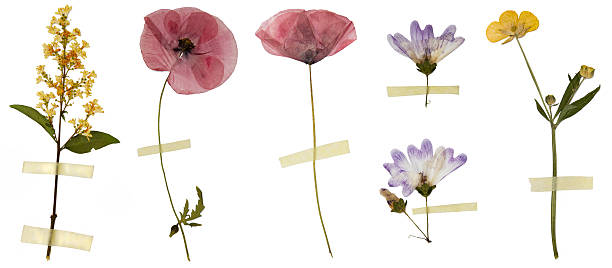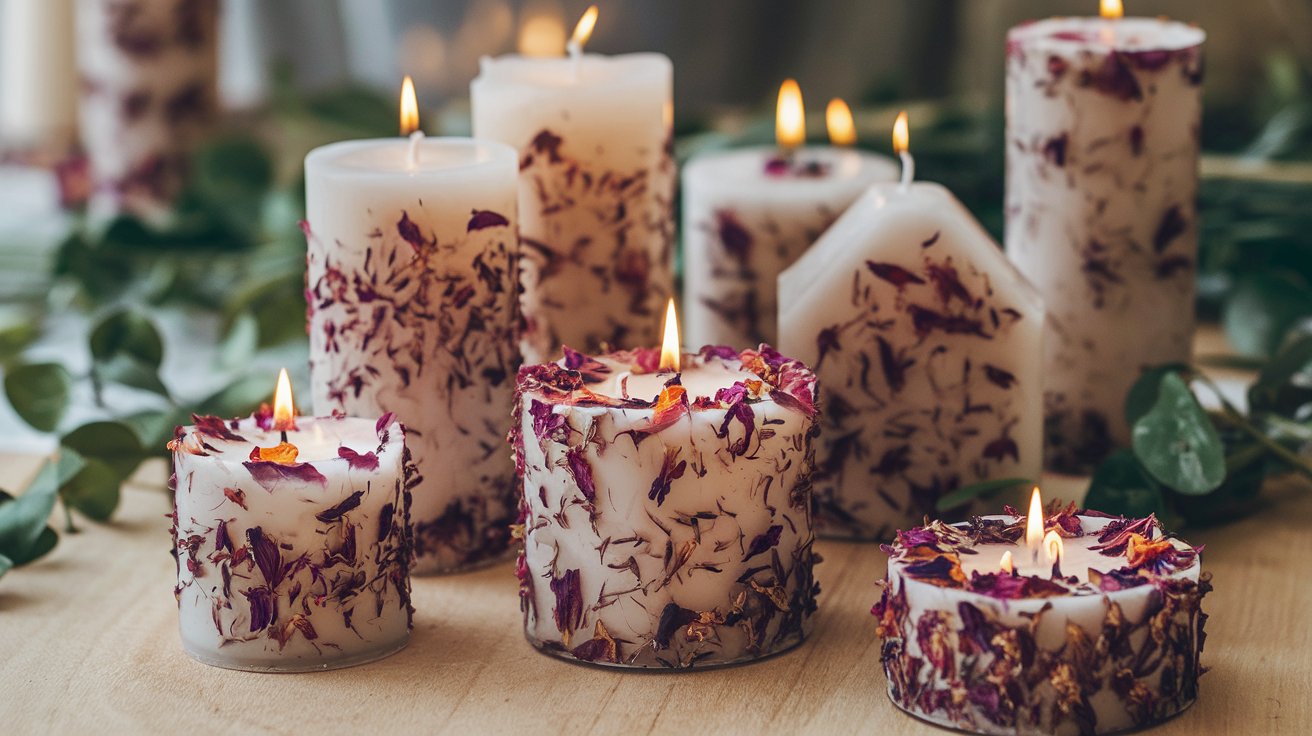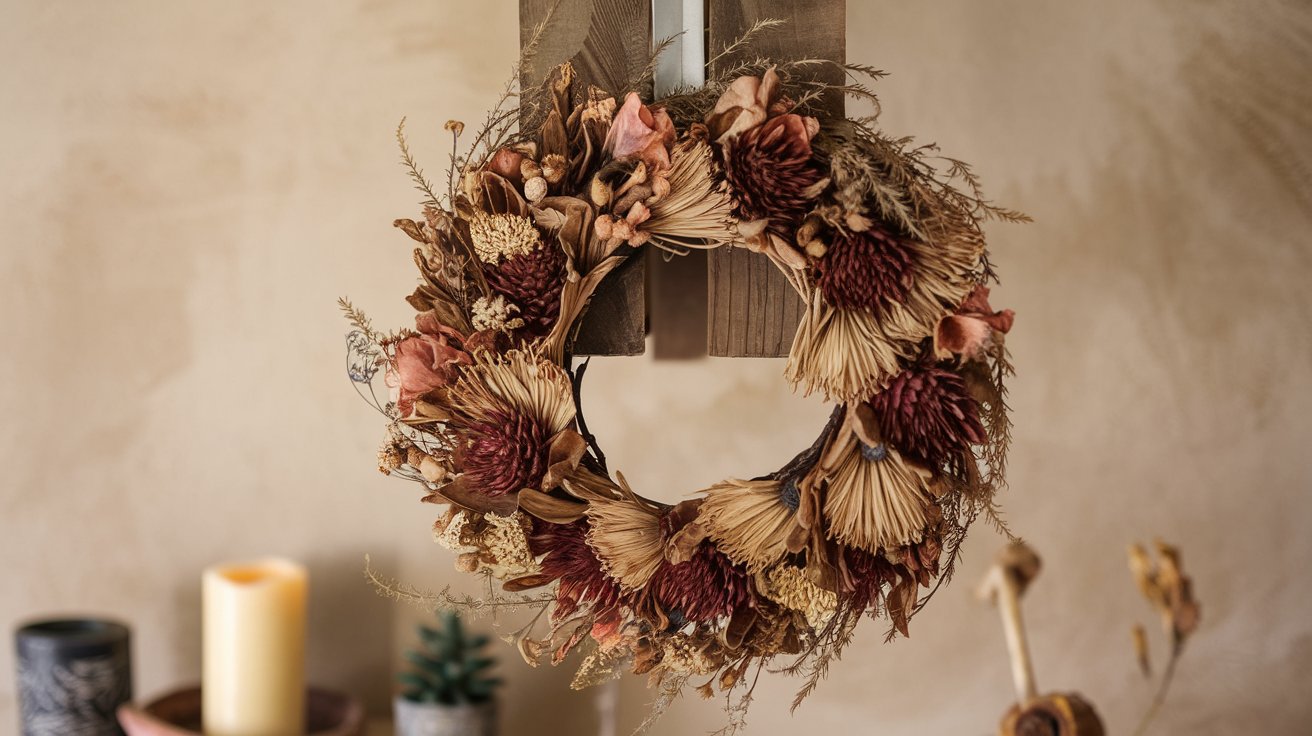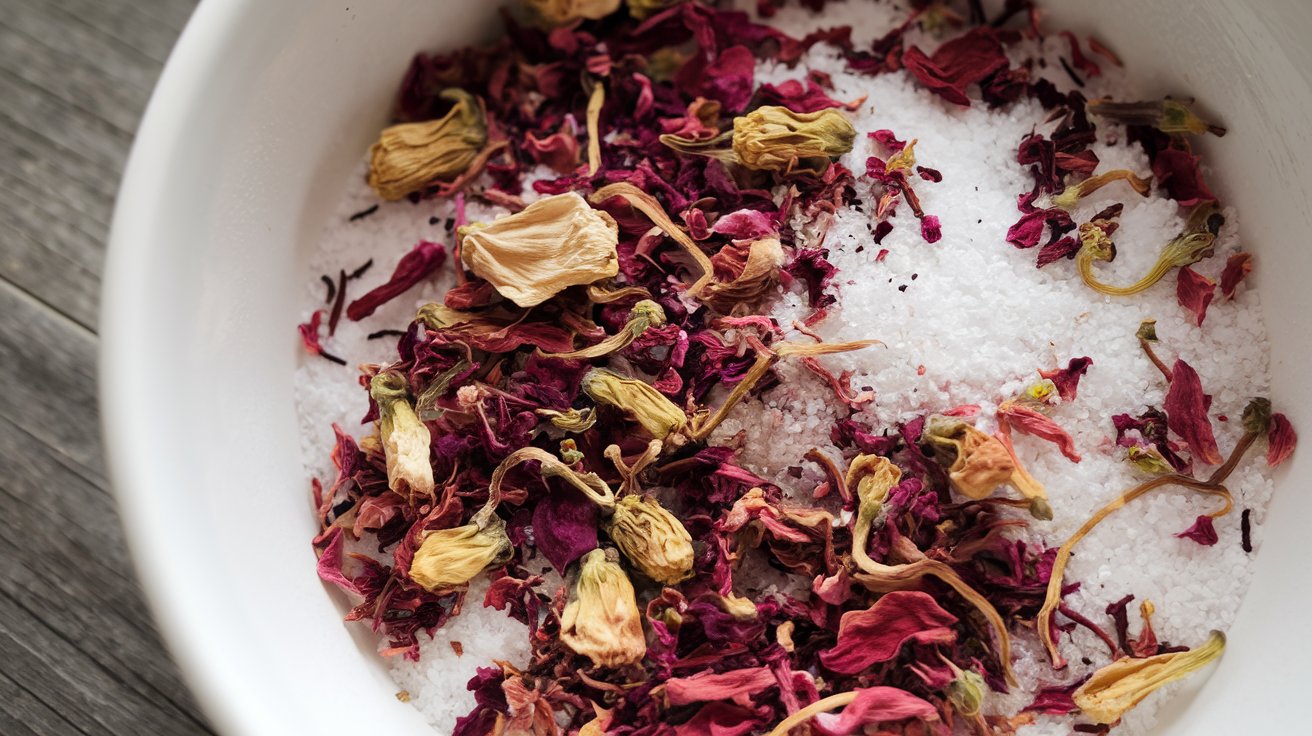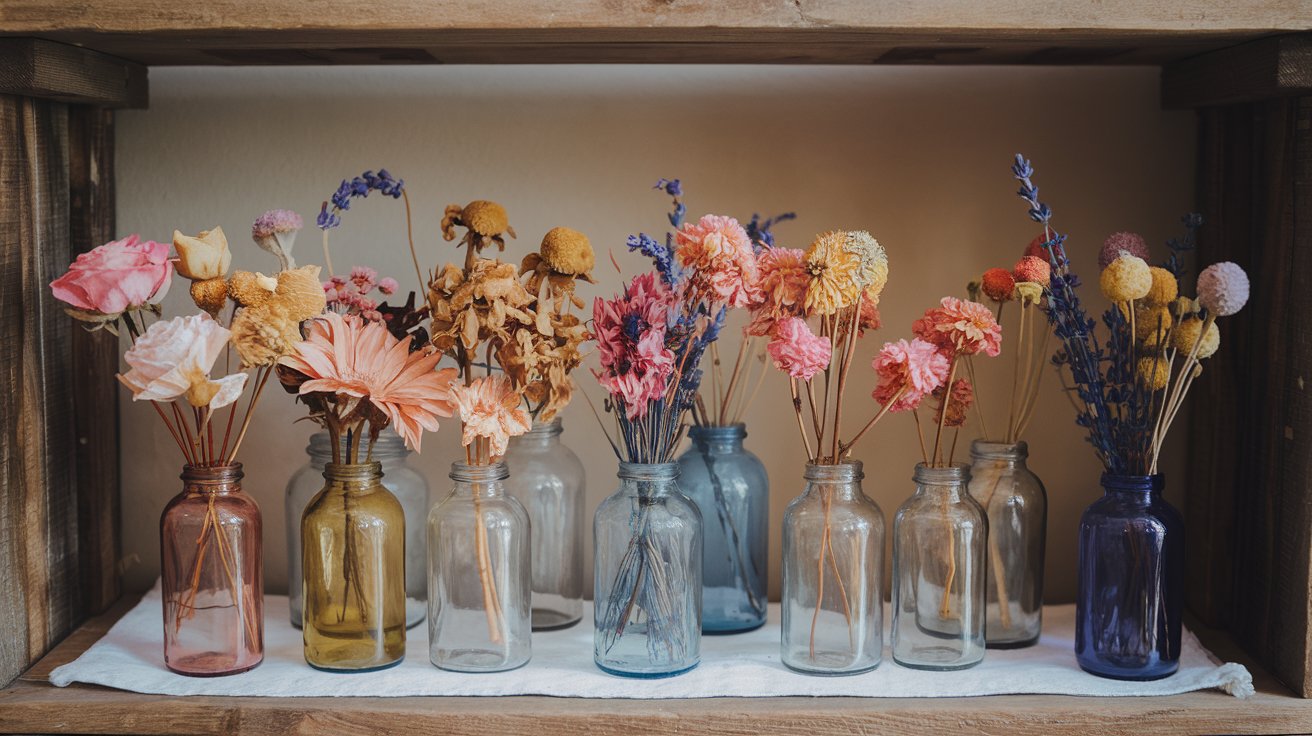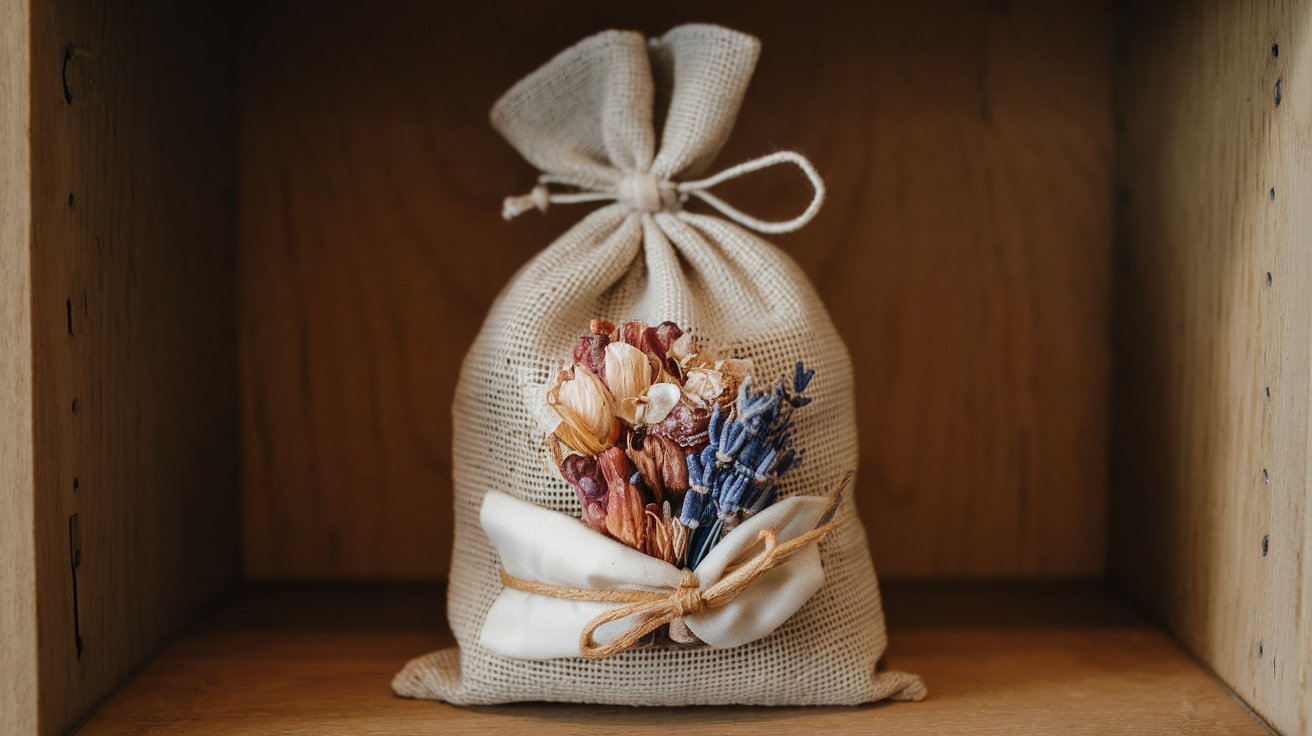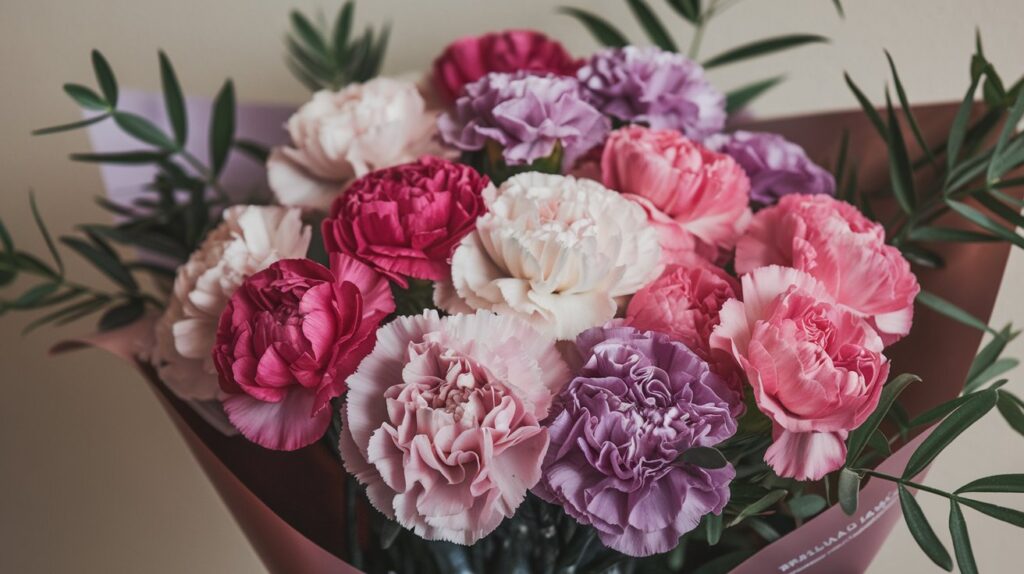You received flowers and now they are dying and you are wondering can you compost dead flowers. Great! you’re at the right place. In this article, we’ll look into the benefits and considerations of composting dead flowers, providing practical guidance for gardeners looking to reduce waste and enrich their soil.
Key Takeaways
ToggleBenefits of Composting
Composting offers numerous benefits for gardeners and the environment:
- Reduces waste : By diverting organic materials from landfills, composting helps reduce the amount of waste sent to disposal facilities.
- Enriches soil : Compost improves soil structure, increases water-holding capacity, and provides essential nutrients for plant growth.
- Supports healthy plant growth : Plants thrive in nutrient-rich soil, leading to healthier and more vibrant gardens.
Types of Dead Flowers Suitable for Composting
Most types of dead flowers can be composted, including annuals (plants that complete their life cycle in one growing season) and perennials (plants that live for more than two years). Edible flowers, such as nasturtiums and marigolds, as well as ornamental flowers , like roses and lilies, can be composted as long as they are free from pesticides and other chemical treatments.
Considerations Before Composting
Before adding dead flowers to your compost pile or bin, it’s essential to consider the following:
- Pesticide and chemical treatments : Flowers treated with pesticides or other chemicals may not break down completely in the compost and could potentially harm plants when applied to the soil. It’s best to avoid composting flowers from treated plants.
- Disease and pest concerns : Diseased or pest-infested flowers should not be composted, as the pathogens or pests may survive the composting process and spread to healthy plants when the compost is applied to the garden.
How to Compost Dead Flowers
Step #1 Preparing Dead Flowers for Composting
To prepare dead flowers for composting, remove any non-compostable materials, such as plastic tags or wires. Cut or tear the flowers into smaller pieces to increase their surface area and speed up the decomposition process.
Step #2 Adding to Your Compost Pile or Bin
When adding dead flowers to your compost pile or bin, it’s important to maintain a balance between “greens” (nitrogen-rich materials like fresh plant matter) and “browns” (carbon-rich materials like dried leaves or shredded paper). Aim for a ratio of about 25-30 parts browns to 1 part greens. Ensure that your compost pile or bin has adequate moisture (like a wrung-out sponge) and aeration to support the growth of beneficial microorganisms.
Step #3 Monitoring the Compost Process
As your compost matures, you’ll notice signs of healthy decomposition, such as a rich, earthy smell and a crumbly texture. If you encounter any issues, such as unpleasant odors or the presence of pests, adjust the moisture levels or add more browns to your compost.
Alternatives to Composting Dead Flowers
Composting is one of the ways of using your dead flowers but if you received a beautiful and expensive bouquet made of exotic flowers, you may not want to compost them. Instead, here are some other ways you can repurpose those dead flowers:
- Potpourri
- Pressed Flowers
- Candles
- Wreaths and Garlands
- Bath Salts
- Floral Air Fresheners
- Art and Crafts
- Suncatchers
- Home Decor

